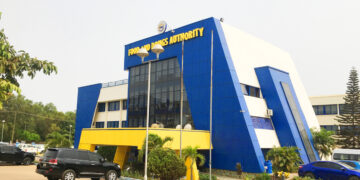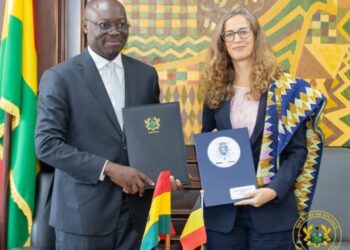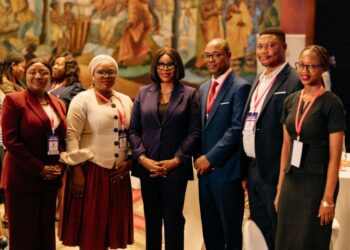Minister for Education, Haruna Iddrisu, has announced the formation of a technical committee to conduct a 30-day review of the Computerized School Placement System (CSSPS), following growing public outcry over what many describe as unfair and inconsistent school placements.
The Minister, who made the announcement during a visit to Presbyterian Boys’ Senior High School (PRESEC-Legon) to interact with newly admitted students, said the review seeks to restore fairness, transparency, and efficiency to the system.
“I have observed that some parents are unhappy, justified. Some students are unhappy, justified because he chose a particular course and was given general arts or business. That will be a disincentive even for that child to still be happy.
Yes, so it means that the computerised placement system is not working well for the country and I’m happy to review it and I will review it. I’ll put in place a committee to review its performance over 30 days and then give me a credible alternative.”
According to him, the new committee will be made up of education experts, school heads, and representatives from Parent-Teacher Associations (PTAs), who will assess the system’s performance and recommend credible alternatives to improve placement outcomes.
Mr. Iddrisu noted that the goal is to ensure “meritorious admission” where students are placed strictly based on their results and preferences, rather than external influences.
He also hinted that the review would examine claims of “protocol placements” which have long undermined public confidence in the system.
Beyond the placement challenges, the Minister expressed concern over poor infrastructure in many schools, including inadequate classrooms, dormitories, and laboratories. He disclosed that the government will, by 2026, upgrade 10 category C schools to category B status and another 10 category B schools to category A.
He added that a “special 10” schools will receive targeted interventions aimed at improving infrastructure and teaching facilities.
The Education Minister’s school visits form part of a nationwide tour to assess conditions at the start of the academic year and to engage stakeholders on reforms to improve access, fairness, and quality in Ghana’s secondary education system.





































